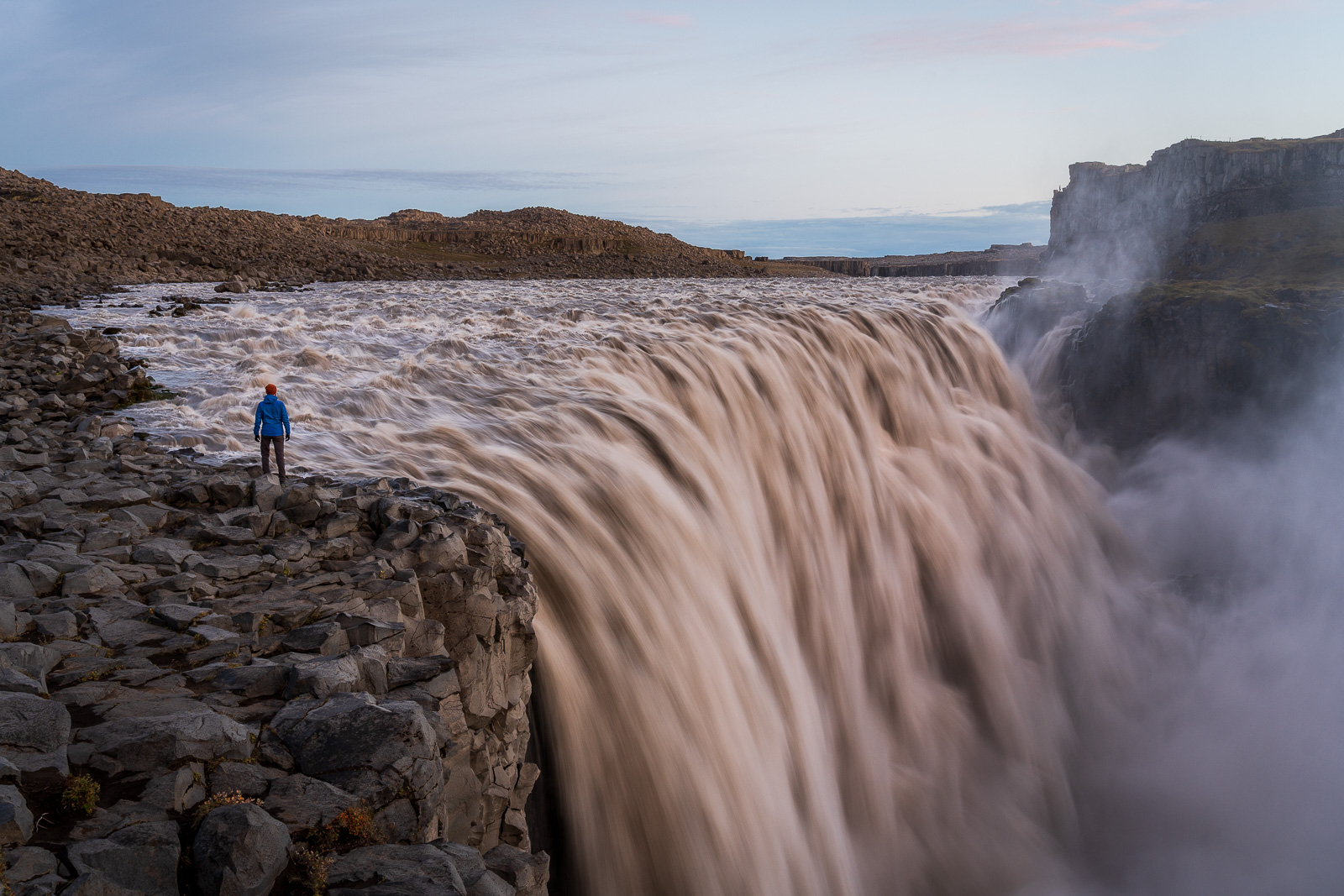Selected papers
You can find a more or less complete list of my papers on Google Scholar.
Here I want to highlight a few favorites:
Geometric deep learning
Lorentz-Equivariant Geometric Algebra Transformers for High-Energy Physics.
Jonas Spinner, Victor Bresó, Pim de Haan, Tilman Plehn, Jesse Thaler, and Johann Brehmer.
[arXiv]
[bibtex]
[code]
Euclidean, projective, conformal: Choosing a geometric algebra for equivariant transformers.
Pim de Haan, Taco Cohen, and Johann Brehmer.
AISTATS 2024.
[arXiv]
[bibtex]
Geometric algebra transformer.
Johann Brehmer, Pim de Haan, Sönke Behrends, and Taco Cohen.
NeurIPS 2023.
[arXiv]
[bibtex]
[code]
EDGI: Equivariant diffusion for planning with embodied agents.
Johann Brehmer, Joey Bose, Pim de Haan, and Taco Cohen.
NeurIPS 2023.
[arXiv]
[bibtex]
Flows for simultaneous manifold learning and density estimation.
Johann Brehmer and Kyle Cranmer.
NeurIPS 2020.
[arXiv]
[conference]
[bibtex]
[code]
Neural Message Passing for Jet Physics.
Isaac Henrion, Johann Brehmer, Joan Bruna, Kyunghun Cho, Kyle Cranmer, Gilles Louppe, and Gaspar Rochette.
NeurIPS workshop on Deep Learning for the Physical Sciences (2017).
[workshop]
Simulators + ML
Back to the formula—LHC edition.
Anja Butter, Tilman Plehn, Nathalie Soybelman, and Johann Brehmer.
SciPost Physics 16 (2024).
[arXiv]
[journal]
[bibtex]
Simulation-based inference methods for particle physics.
Johann Brehmer and Kyle Cranmer.
Book chapter in Artificial Intelligence for High-Energy Physics (World Scientific, 2022).
[arXiv]
[book]
[bibtex]
The frontier of simulation-based inference.
Kyle Cranmer, Johann Brehmer, and Gilles Louppe.
Proceedings of the National Academy of Science 117 (2020).
[arXiv]
[journal]
[bibtex]
MadMiner: Machine learning-based inference for particle physics.
Johann Brehmer, Felix Kling, Irina Espejo, and Kyle Cranmer.
Computing and Software for Big Science 4 (2020).
[arXiv]
[journal]
[bibtex]
[code]
Mining gold from implicit models to improve likelihood-free inference.
Johann Brehmer, Gilles Louppe, Juan Pavez, and Kyle Cranmer.
Proceedings of the National Academy of Science 117 (2020).
[arXiv]
[journal]
[bibtex]
Mining for Dark Matter Substructure: Inferring subhalo population properties from strong lenses with machine learning.
Johann Brehmer, Siddharth Mishra-Sharma, Joeri Hermans, Gilles Louppe, and Kyle Cranmer.
The Astrophysical Journal 886 (2019).
[arXiv]
[journal]
[bibtex]
[code]
Constraining effective field theories with machine learning.
Johann Brehmer, Kyle Cranmer, Gilles Louppe, and Juan Pavez.
Physical Review Letters 121 (2018).
[arXiv]
[journal]
[bibtex]
[code]
A guide to constraining effective field theories with machine learning.
Johann Brehmer, Kyle Cranmer, Gilles Louppe, and Juan Pavez.
Physical Review D 98 (2018).
[arXiv]
[journal]
[bibtex]
[code]
Better Higgs-CP Tests Through Information Geometry.
Johann Brehmer, Felix Kling, Tilman Plehn, Tim Tait.
Physical Review D 97 (2018).
[arXiv]
[journal]
Better Higgs Measurements Through Information Geometry.
Johann Brehmer, Kyle Cranmer, Felix Kling, and Tilman Plehn.
Physical Review D 95 (2017).
[arXiv]
[journal]
[bibtex]
Causality & interactive learning
Deconfounded imitation learning.
Risto Vuorio, Johann Brehmer, Hanno Ackermann, Daniel Dijkman, Taco Cohen, and Pim de Haan.
TMLR 2024.
[arXiv]
Weakly supervised causal representation learning.
Johann Brehmer, Pim de Haan, Phillip Lippe, and Taco Cohen.
NeurIPS 2022.
[arXiv]
[bibtex]
[code]
Hierarchical clustering in particle physics through reinforcement learning.
Johann Brehmer, Sebastian Macaluso, Duccio Pappadopulo, and Kyle Cranmer.
NeurIPS workshop on Machine Learning and the Physical Sciences (2020).
[arXiv]
[workshop]
[bibtex]
[code]
Other
Instance-adaptive video compression: Improving neural codecs by training on the test set.
Ties van Rozendaal, Johann Brehmer, Yunfan Zhang, Reza Pourreza, Auke Wiggers, and Taco Cohen.
Transactions on Machine Learning Research 06/2023.
[arXiv]
[bibtex]
Pushing Higgs Effective Theory to its Limits.
Johann Brehmer, Ayres Freitas, David Lopez-Val, Tilman Plehn.
Physical Review D 93 (2016).
[arXiv]
[journal]
[bibtex]



